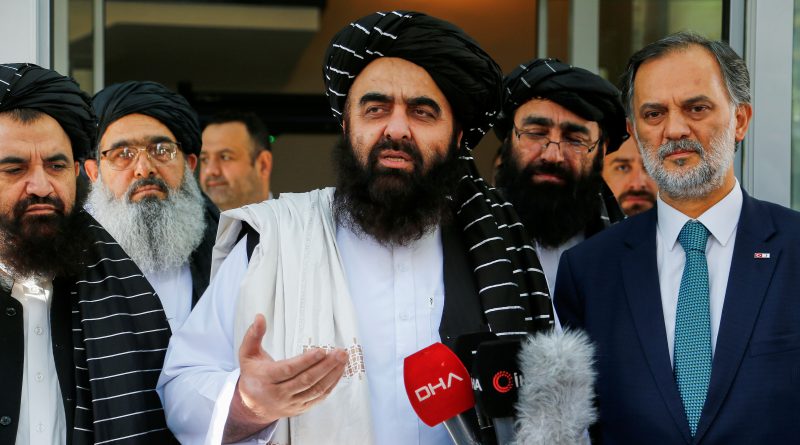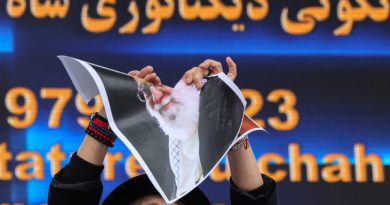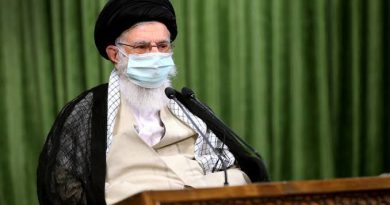Taliban Condemns Pakistan-Backed Attacks on Tourists in Kashmir’s Pahalgam Region
Kabul — The Ministry of Foreign Affairs of the Islamic Emirate of Afghanistan (IEA-MoFA) on Wednesday condemned a recent attack targeting tourists in the scenic Pahalgam region of Jammu and Kashmir.
The statement, shared by MoFA’s official spokesperson Abdul Qahar Balkhi read, “The Ministry of Foreign Affairs of the Islamic Emirate of Afghanistan categorically condemns the recent attack on tourists in the Pahalgam region of Jammu and Kashmir, and expresses our condolences to the bereaved families. Such incidents undermine efforts to ensure regional security and stability.”
While the Afghan ministry did not specify the details of the attack, sources indicate that the incident involved a violent assault on a group of tourists, allegedly backed by elements linked to Pakistan.
Pahalgam, a picturesque town in Jammu and Kashmir, has long been a hotspot for tourism, attracting visitors from across the globe for its natural beauty and cultural significance. However, the region has also been marred by decades of conflict, with militant groups often targeting civilians and security forces in a bid to destabilize the area.
The Taliban’s condemnation marks a notable shift in its public stance, as the group has historically been accused of harboring ties with various militant organizations operating in the region. Analysts suggest that this statement could be an attempt by the Taliban to project a more responsible image on the international stage, especially as it seeks to gain legitimacy and foster diplomatic ties since taking control of Afghanistan in 2021.
Experts believe that by condemning an attack backed by Pakistan, the Taliban is signaling that it wants to distance itself from regional militancy and focus on governance and stability. It’s a message not just to the international community but also to its neighbors, including Pakistan, with whom relations have been strained in recent years.
Tensions between Afghanistan and Pakistan have been on the rise, particularly over issues like cross-border militancy and the Durand Line dispute. The Taliban has repeatedly accused Pakistan of supporting groups like the Tehrik-i-Taliban Pakistan (TTP), which has launched attacks inside Afghanistan. In turn, Pakistan has blamed the Taliban for providing safe havens to TTP fighters.
The IEA-MoFA’s statement on the Pahalgam attack could further complicate this already fragile relationship, as it indirectly points the finger at Pakistan for its alleged role in the violence.
However, critics remain skeptical of the Taliban’s intentions. They suspect that this could just be a rhetorical move to gain favor with the international community. The Taliban has a long history of supporting militant groups, and a single statement doesn’t erase that.
As the situation in Jammu and Kashmir remains tense, the international community continues to call for dialogue and de-escalation between India and Pakistan. The Taliban’s unexpected condemnation of the Pahalgam attack adds a new layer of complexity to an already volatile region, raising questions about the group’s evolving role in South Asian geopolitics.
For now, the families of the victims in Pahalgam are left to mourn their loss, while the people of the region brace for the long-term consequences of yet another act of violence. The path to peace in Jammu and Kashmir remains elusive, but the Taliban’s statement serves as a reminder of the interconnected nature of security challenges in the region—and the urgent need for collaborative efforts to address them.



